Description
The terms “Blockchain”, “Cryptocurrency”, “Bitcoin”, “Ethereum” and “Hyperledger” encompass not only “Token” but also everything necessary to get started with Blockchain technology. In the first chapter devoted to blockchain, we discussed what blockchain is, how it works, its historical developments, technological developments, potential application areas, and the possible future of blockchain. Before going into the well-known architecture of the Bitcoin blockchain, it is necessary to understand the second problem, namely cryptocurrencies. Metamask is a tool that relieves the burden of this long process that would otherwise require setting up a full Ethereum node, which would consume a lot of memory and time. Metamask, which was previously only accessible via Google Chrome, is now accessible via Firefox and other popular web browsers. The content of this book focuses primarily on the third category and how lawyers can harness the potential power of these developments. This chapter introduces the key components of blockchain technology, smart contracts, and what we call the legal design of smart contracts. This section provides basic explanations of how blockchains and smart contracts work and states that these innovations have the potential to radically transform various aspects of social and economic life. Recently, much attention has been paid to the relationship between law and information technology. Therefore, one of the most important elements of this article is how information and communication technology (IT) affects legal issues and vice versa. The focus is on the legal ramifications of automation, with a particular focus on artificial intelligence (AI). According to the General Data Protection Regulation (GDPR)1 and the Data Protection Directive (DPD)2, these roles and responsibilities are (mostly) delegated by the terms “controller” and “processor” to which they refer. actually under control. and the person who processes the data on behalf of the owner (unless the owner is performing the treatment). These are the parts that really affect the rendering, as the titles suggest. Some argue that these concepts play an “important role” in the system3, and how we interpret them will significantly affect the operation of law. Code is the invisible framework that supports our daily operations. 1 This latest development can be seen as the pinnacle of digital transformation. In conclusion, the term “digital revolution” refers to the transition from “analog” electrical and mechanical devices to “digital” information technology.
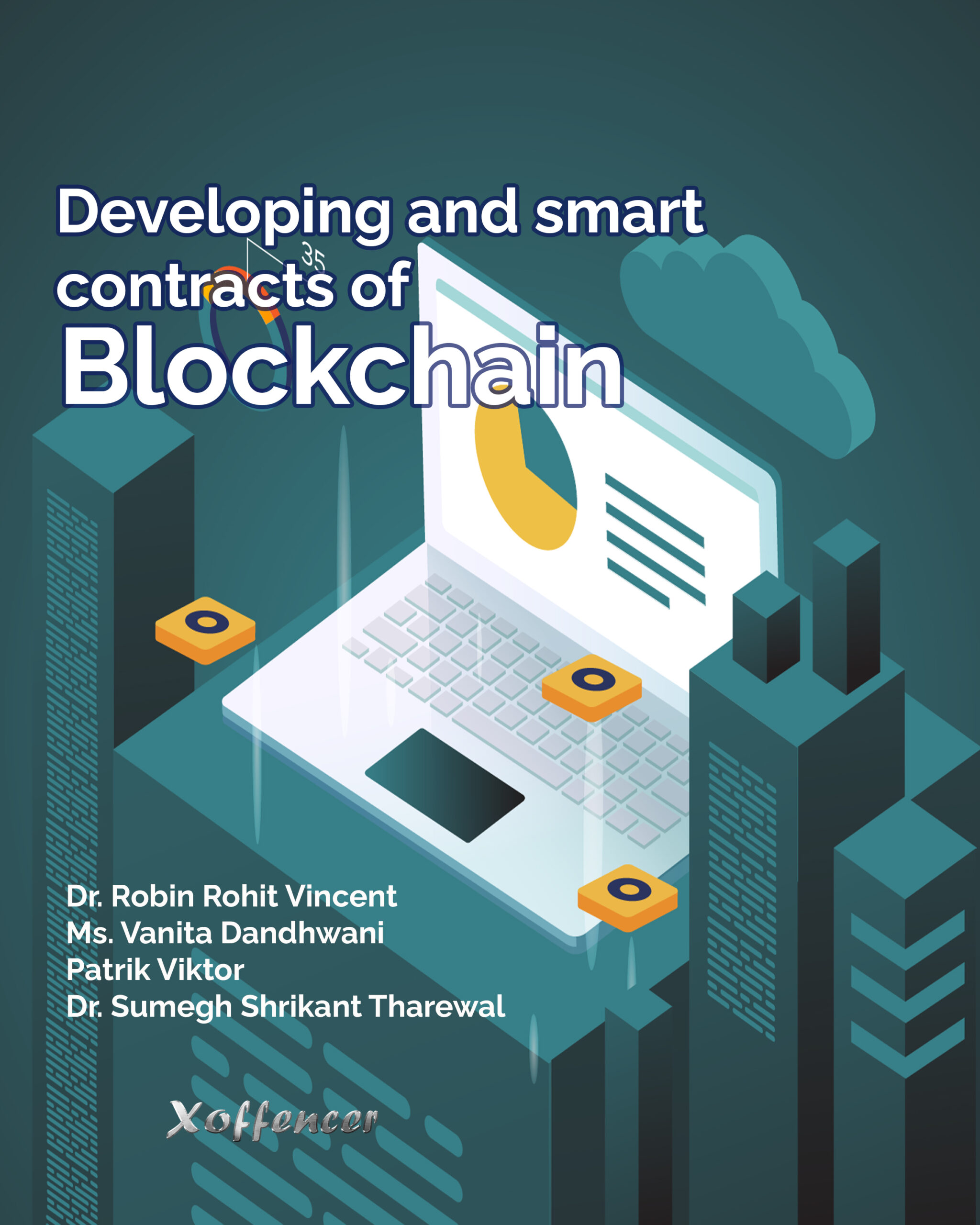

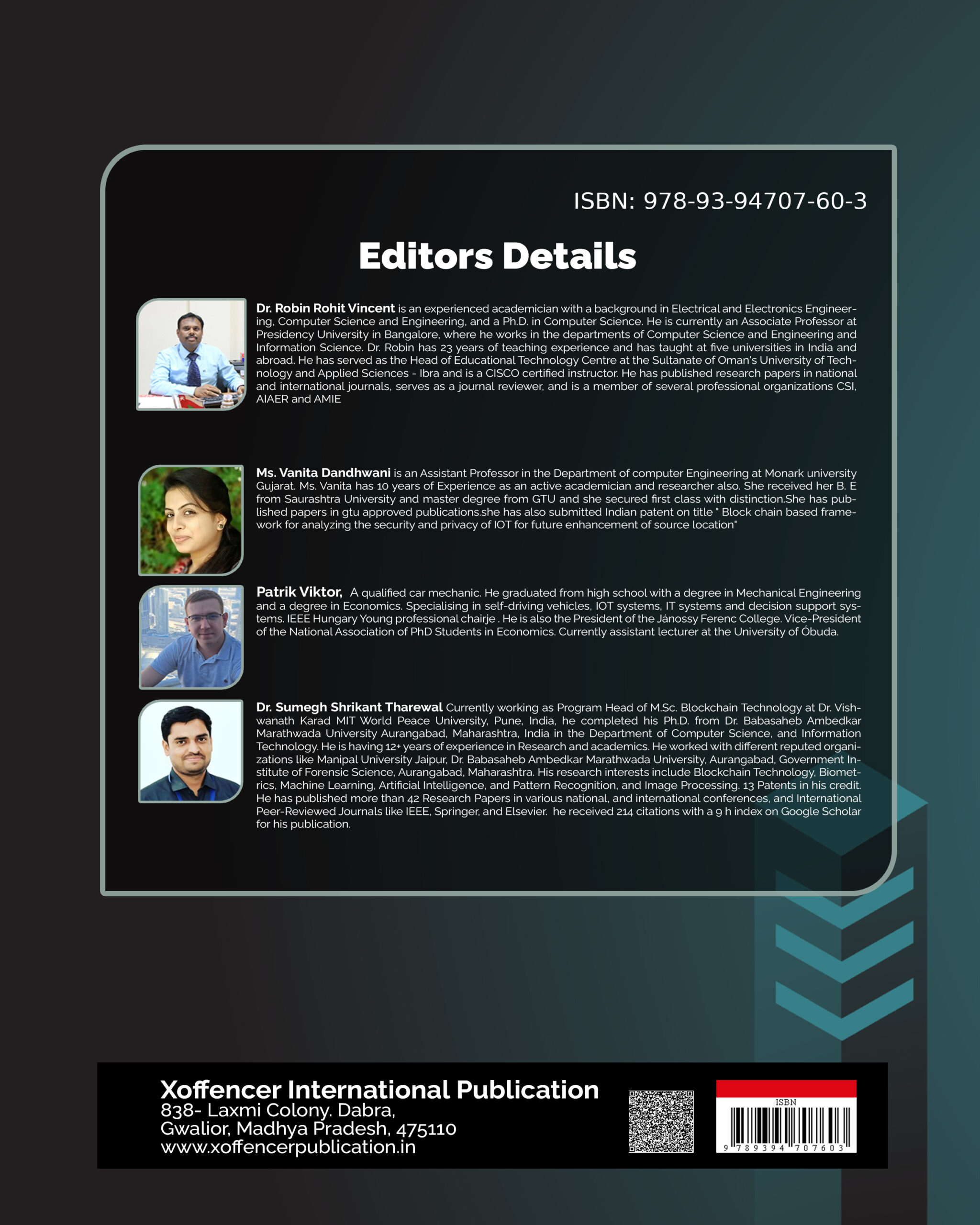
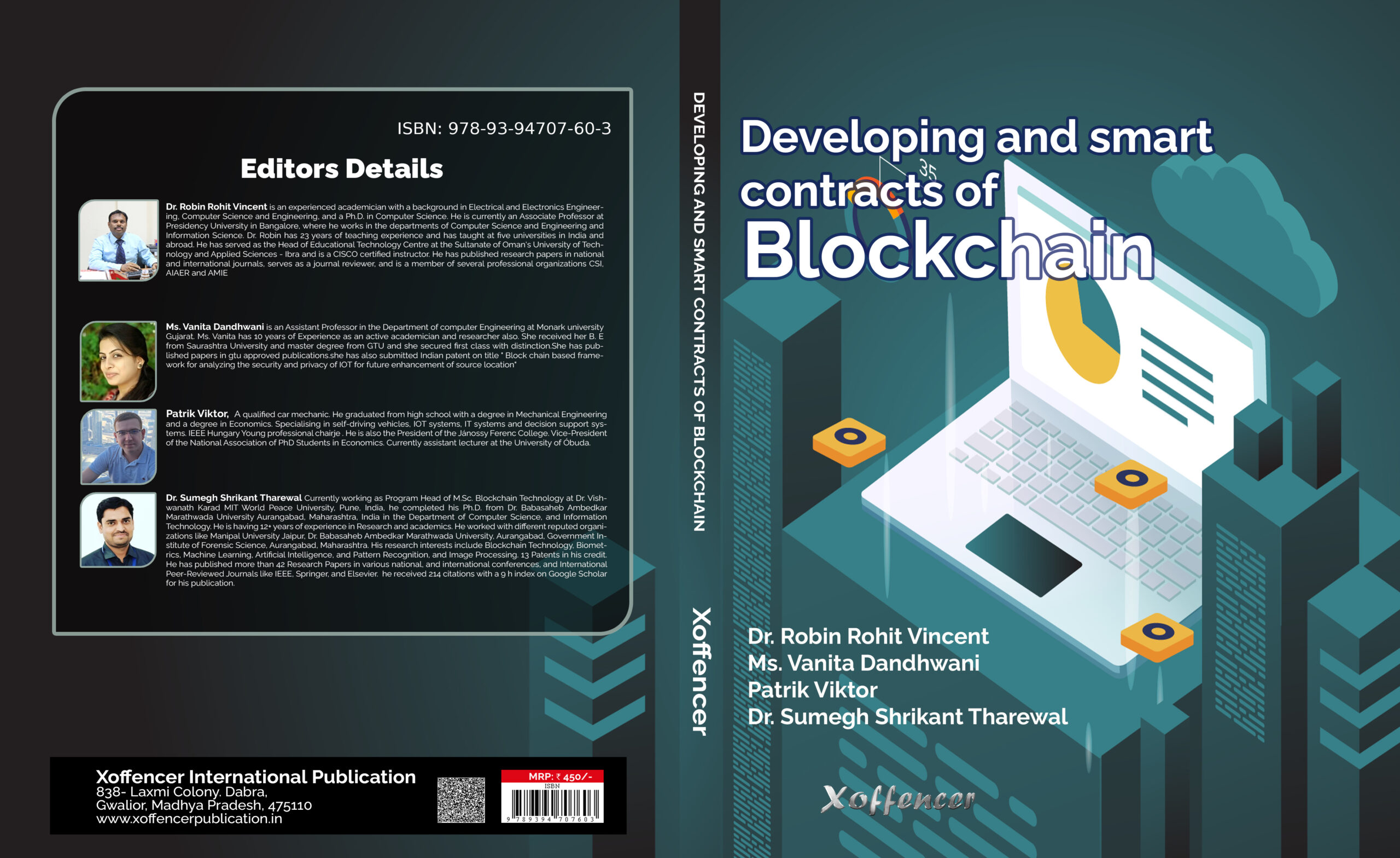

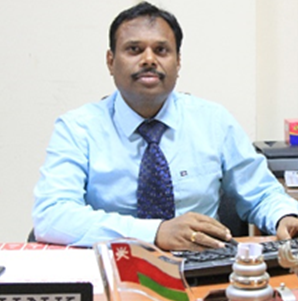



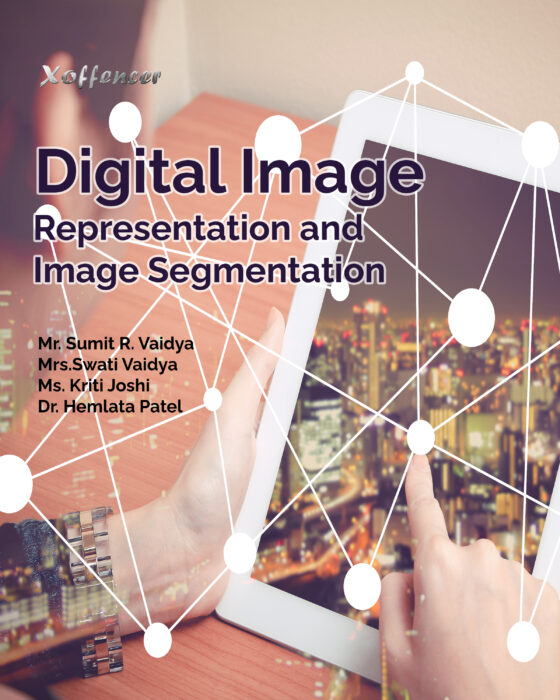
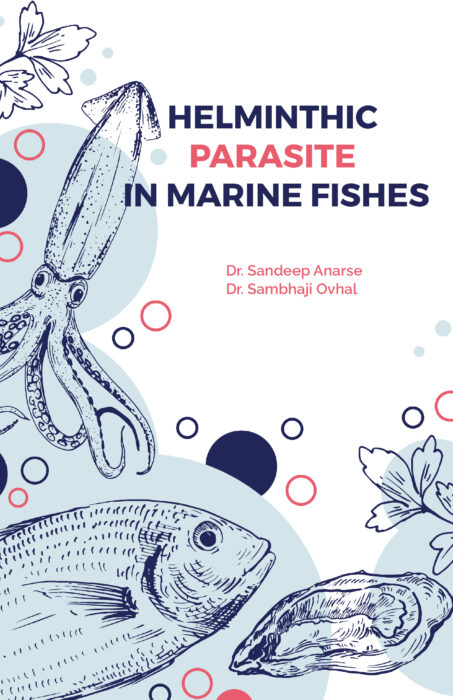
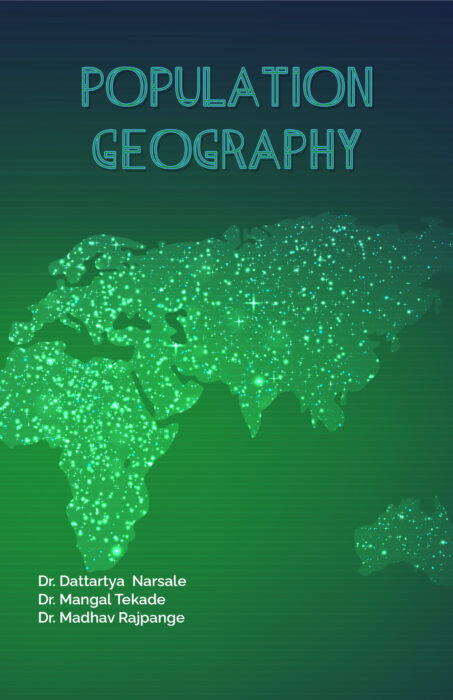
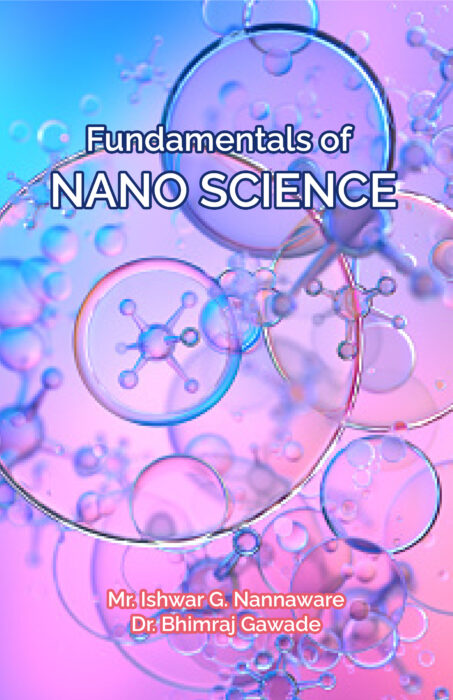
Reviews
There are no reviews yet.